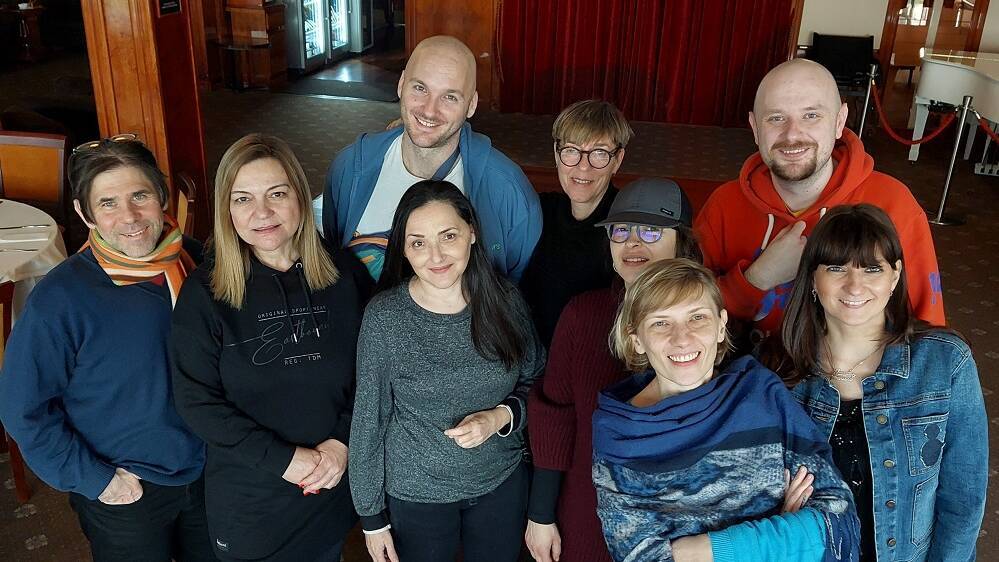Southeast Europe Regional Office
The regional office in Belgrade coordinates the Rosa Luxemburg Foundation’s work with partner organizations in Serbia, Slovenia, Croatia, North Macedonia, Bosnia and Herzegovina, Albania, Kosovo, Romania, and Bulgaria
(Kopie 1)
The political situation in Southeast Europe is fraught with contradictions. On the one hand, people have put the wars of the 1990s behind them. Societies have become more open, cooperation across the region has improved, and the region’s European integration has moved forward.
Politically and economically, however, the situation remains extremely complicated. Almost everywhere, a nexus of nationalist, neoliberal, and clerical political forces and ideologies holds sway over society.
In recent years, neoliberal policy models were implemented and sold to the public as part of a “transition”, but ultimately increased the region’s economic peripheralization and social disintegration in many ways. The region’s average monthly income is roughly 300 euro. National health care and education systems are underfunded and in desperate need of reform. Corruption and abuses of power are widespread. Often, people are unable to exercise their statutory rights because the judicial system and state institutions are not fit for purpose. The daily struggle for survival tends to encourage competition rather than solidarity.
Although social issues are predominant today, the region has yet to fully recover from the impacts of war. There are still refugees waiting to return home, often delayed for political reasons.
Meanwhile, nationalist groups continue to pose a serious threat. Particularly in Bosnia and Herzegovina and Kosovo, society remains ethnically segregated. There are obvious tendencies to re-traditionalize and “clericalize” the public and private spheres — tendencies that run counter to the emancipation of women and the rights of sexual minorities. The young generation has never experienced multinational life as it was in socialist Yugoslavia. Instead, they have been shaped by the war and its aftermath.
Under such conditions, pushing for change — for a socially just and democratic society, and for the emancipation of women and groups that suffer discrimination, such as the Roma — represents a huge challenge.
Activities
- Alternative Politics
We support the elaboration of alternative policy models based on social justice and democratization that oppose the prevailing neoliberal hegemony. - Social Rights
We support workers, women, Roma, and LGBT* groups working for social rights and the self-organization and networking of these groups. - History
We promote the development of a differentiated and critical discourse on the history of the Left in the region.

Belgrade Regional Office
Director: Maria Oshana
Rosa-Luxemburg-Stiftung
Gospodar Jevremova 47
11000 Belgrade
Serbia